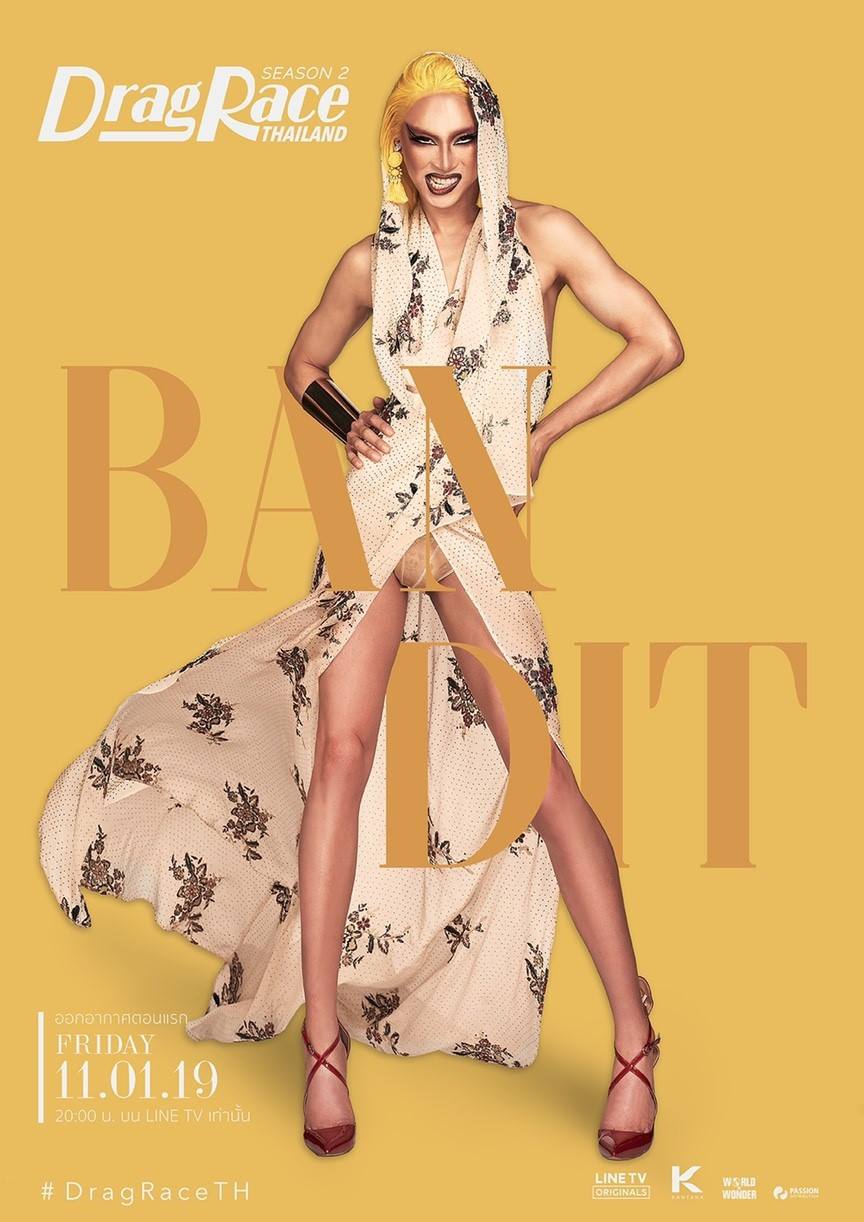
Ranjit Kapoor in Mumbai then translated it from my Hinglish into the colloquial bhasha of the Chambal. Then after Shekhar’s scrutiny, we worked on draft two and three, the last one in the idyll of Dalhousie in Himachal. In between bouts of visit to the wineries of the Claret-producing chateaux, the first draft of the script was done in ten days. He’d be happy to produce it he said.Ī party of four set out for Bordeaux to a colleague’s holiday cottage. I phoned Bobby Bedi who had produced a film for me in India, a very problem laden one, and known for finding pragmatic solutions on the way. Shekhar was hesitant but by the time the meniscus of our beers neared the bottom of our mugs, he said he’d do it. I said there wasn’t one but there would be in ten days’ time but I needed a yes or no to my proposition before I drained that pint of beer. I asked him if he wanted to direct a film about Phoolan Devi and he naturally asked if he could read the script. After the recording we went to a pub in Wandsworth. That evening I was supervising the recording of an Asian discussion show hosted by Shekhar Kapur. Channel gossip had told him that the project was getting nowhere and he was after reclaiming its budget. “Can you give me the details by tomorrow? Would love to read it,” he said. Did I have a script, a production company and a director? The channel controller, with an eye on unspent budgets, asked me how Bandit Queen was going. It was copious pages of revolutionary argument in the mouths of ‘characters’, who all spoke like Mala. She produced a telephone directory of a manuscript, but it wasn’t a screenplay. After hours of discussion about the form, content, structure and format of a screenplay we were no further. She was too engrossed in the political dimensions her researches and her own ideological determinations had thrown up, too dismissive of film as an entertainment medium rather than an instrument of social change. The book was a success but Mala’s attempt at turning it into a screenplay was not. Mala had spent years visiting and interviewing Phoolan Devi in jail, talking to her family and writing India’s Bandit Queen published by Harper Collins, UK in 1991. I called Mala and told her to get on with the script right away.įour months later, there was still no script. I outlined the story and was granted a budget before moving on to 50 other proposals.

“Definitely ex? Songs and dances around trees?” “No! I want to buy the rights to a book written by my ex-wife Mala Sen.”

“Poor Nani, dead these fifty years,” I said. “Ah! A contract for your grandmother again,” remarked Michael Grade, chief executive of Channel 4, to whom as a commissioning editor I was pitching proposals for future productions.


 0 kommentar(er)
0 kommentar(er)
